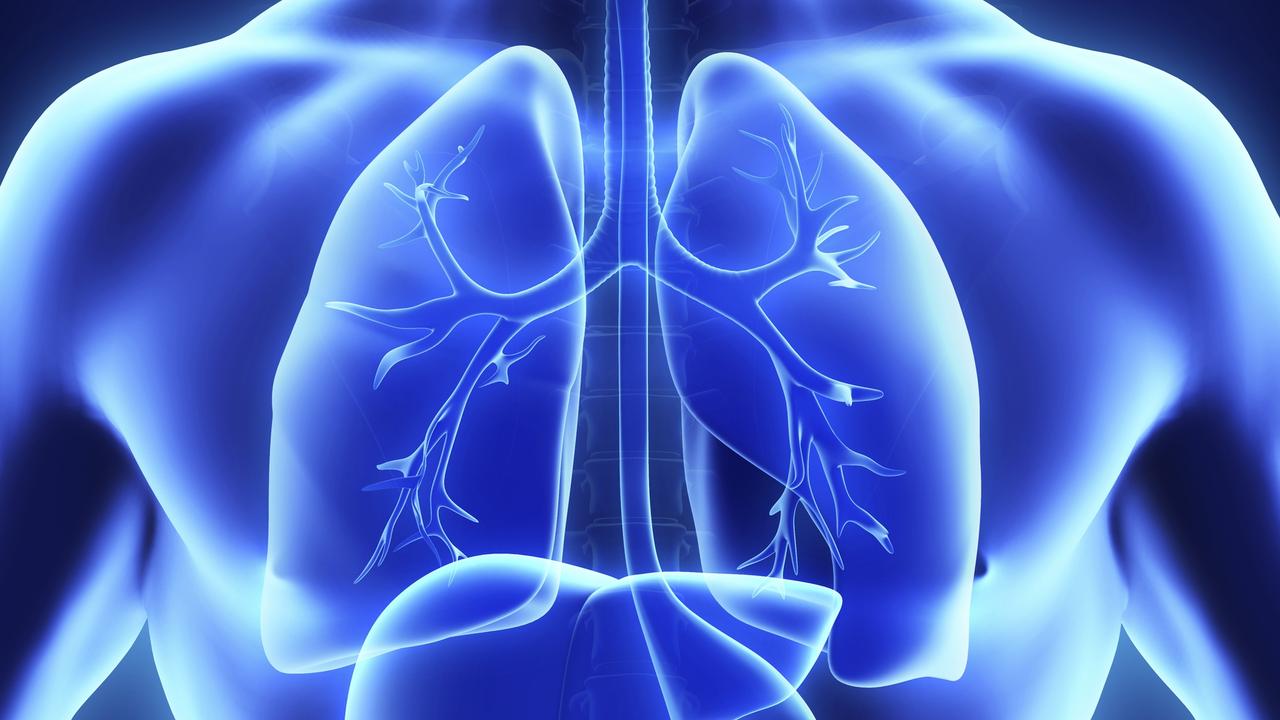Foods to eat, and not eat, to prevent cancer, according to a doctor and nutritionist
Dr Andre Goy, M.D., and Dietitian Erin Palinski-Wade, shared their tips on food choice for improving nutrition for overall wellness and reduced cancer risk.
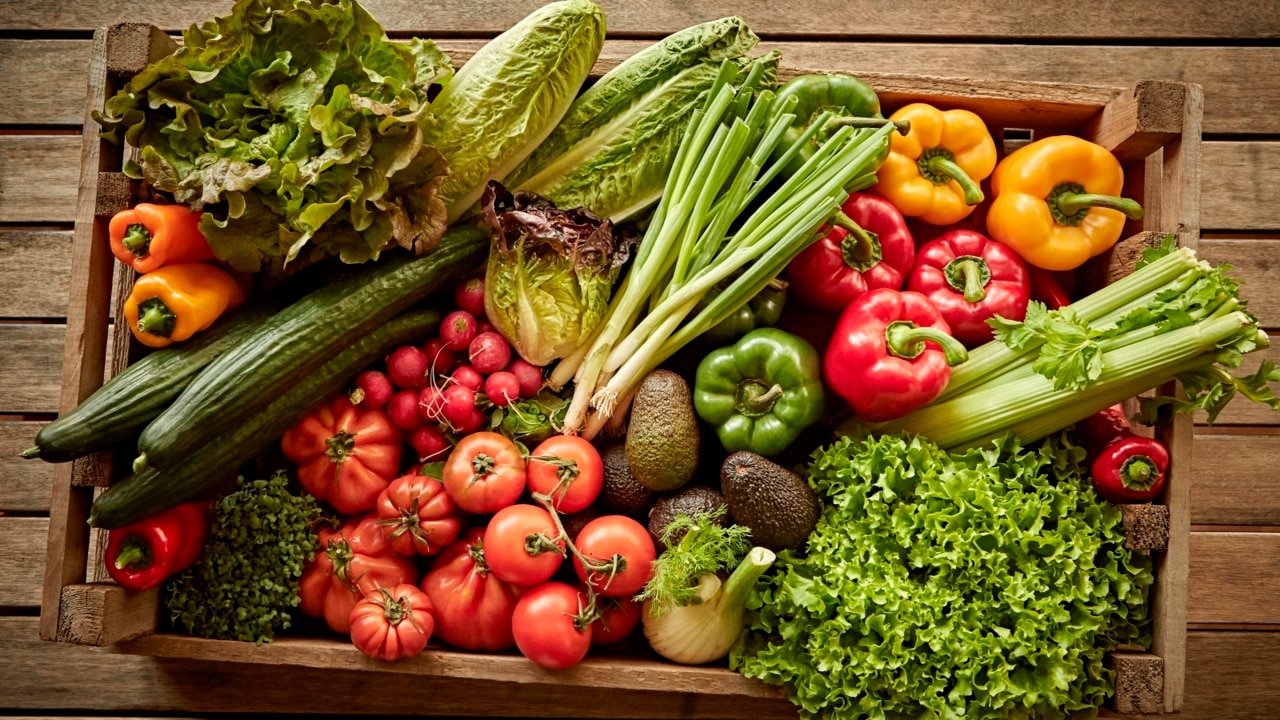
Nutrition
Don't miss out on the headlines from Nutrition. Followed categories will be added to My News.
Disease prevention starts in the kitchen, according to one cancer doctor.
Andre Goy, MD, chief physician of Hackensack Meridian Health’s John Theurer Cancer Center in the US, blames a “reliance on convenience” for many poor diets and increasing cancer rates, reports Fox News.
The doctor estimates that more than half of all cancers are preventable with lifestyle changes — from quitting smoking and drinking, to eating a plant-based diet and exercising.
In addition to practising as a cancer doctor, Goy is also passionate about cooking. He’s worked as a chef in his family’s inn in the French Alps.
“It is a great pleasure to combine this into my practice of medicine and oncology,” he said.
Goy shared his tips for improving nutrition for overall wellness and reduced cancer risk.
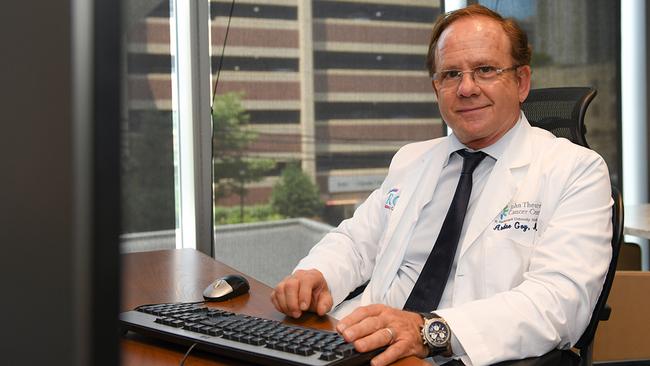
Processed foods problem
Americans ate only an average of 8.2 meals at home each week — a historic low, according to a Gallup poll.
Statistics like this could contribute to the increase in cancer among young adults, according to Goy.
“The biggest problem in the American diet is a reliance on convenience rather than home cooking,” he told Fox News Digital. “As a result, we eat too many processed foods.”
Eating ultra-processed foods that are high in calories and low in nutritional value can increase cancer risk by causing weight gain and obesity, the doctor noted — and the risk is heightened even further when combined with alcohol use and lack of exercise.
“Obesity and poor diet induce microbiome dysbiosis, a decrease in microbial diversity that leads to chronic inflammation and leaky gut, increasing your cancer risk,” said Goy.
“Ultra-processed food refined with added sugar and white flour can negatively impact the balance of gut bacteria, leaving us more susceptible to the development of cancers.”
Many prepared and packaged foods lack key nutrients and have chemical preservatives that can increase the risk of developing cancer, he added.
The immune system is also affected by obesity and lack of exercise, which impact the body’s ability to fight off infection and disease, Goy noted.
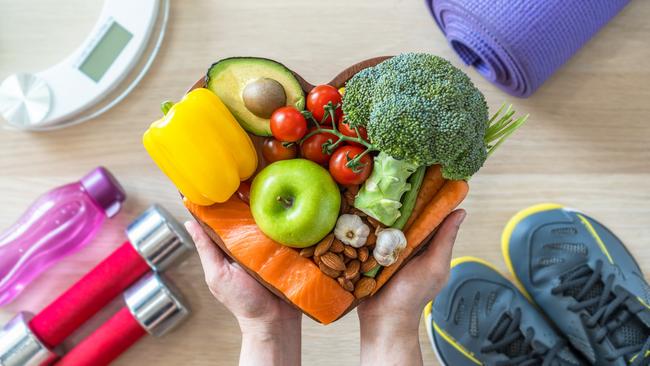
Best foods to reduce cancer risk
The most effective dietary approach to reducing cancer risk, according to Goy, is to adopt a plant-based diet focusing on fruits and vegetables rather than meats and processed foods.
“A plant-based diet focuses on consuming mostly or exclusively plant-based foods with a focus on vegetables, fruits, legumes, whole grains, nuts and seeds,” he told Fox News Digital.
Not all plant-based foods are equal, however — which is why the doctor recommends avoiding foods labelled “plant-based” that are not actually healthy, such as frozen meat substitutes that are high in sodium.
“Choose whole, unprocessed foods as much as possible,” he advised. “Focus on plant foods that are protein sources, such as quinoa, farro, black beans, buckwheat, chia seeds, hummus and peanut butter.”
He’s encouraged many patients to consider a plant-based diet, Goy said.
“For example, a patient with lymphoma was feeling signs of lupus, such as fatigue, fogginess and achiness, with blood work suggesting inflammation,” he told Fox News Digital.
“After switching to a plant-based diet, this patient felt so much better that he was eventually able to stop seven of his medications over the next four to six months.”
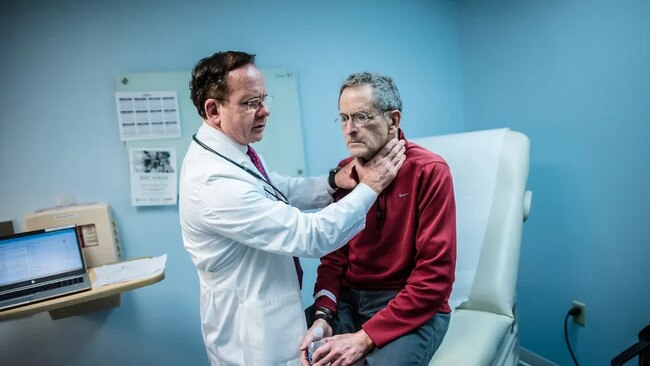
Erin Palinski-Wade, a US dietitian and author of the book Belly Fat Diet For Dummies, agreed that a well-balanced diet rich in beneficial nutrients, such as fibre and antioxidants, may be protective against future cancers.
“While there is no specific diet that can guarantee cancer prevention, a nutrient-rich diet may lower your risk,” she told Fox News Digital.
To help lower cancer risk through dietary choices, Palinski-Wade recommends consuming more whole vegetables and fruits (seven servings per day or more); increasing your intake of foods rich in fibre such as beans, lentils, nuts and seeds; and reducing your intake of added sugars and processed, high-fat animal proteins.
The dietitian also recommends aiming for at least 15 grams of fibre per every 1,000 calories consumed.
“High-fibre diets may help to protect against colorectal cancer and other common digestive system cancers,” she said.

Adding more plant-based proteins and reducing high-fat, processed animal meats while adding healthy fats may help to protect against a variety of cancers, according to Palinski-Wade.
“Limit added sugar in the diet to less than 10 per cent of total calories and focus instead on slow-digested carbohydrates, including whole grains and whole fruits and vegetables,” she advised.
“Maintaining a healthy body weight and incorporating consistent, moderate exercise can also play a large role in reducing the risk of disease.”
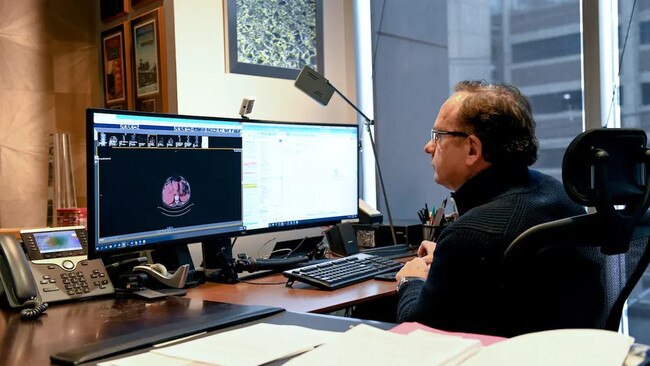
Goy warned against getting too wrapped up in a “dieting culture.”
“Food should not be a religion,” he told Fox News Digital. “Rather than focusing on restrictions, which can become an obsession, try eating plant-based for three months, and see what it does for your health and energy levels.”
“Anything too restrictive isn’t sustainable,” the doctor went on.
“Simple, sustainable changes with a focus on more home-cooked, plant-based foods will have a huge return on investment in preventing cancer and increasing overall health.”
This article originally appeared on Fox News and was reproduced with permission.
Originally published as Foods to eat, and not eat, to prevent cancer, according to a doctor and nutritionist



